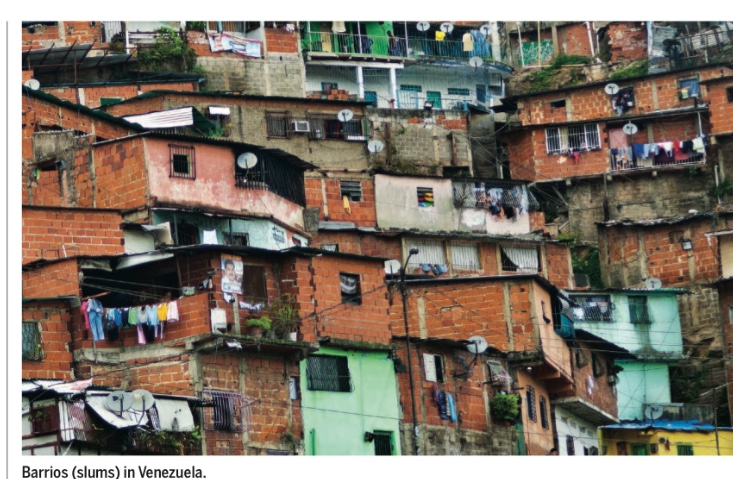Venezuelan science in dire straits

IT IS HARD to find words that adequately describe the tragic state of Venezuelan science. The government’s policies seem specifically designed to sabotage research and innovation. Based on data from the Science Citation Index and Scopus, from 1998 to 2008, there was a consistent increase in scientific production, which coincided with the highest crude oil prices per barrel ever recorded in Venezuela’s history. This honeymoon period ended in May 2009 when former President Hugo Chávez, during a national broadcast, stated: “Researchers should stop working on obscure projects, and instead should go into the barrios (slums) to make them- selves useful”.
Shortly after Chavez’s words, Venezuelan scientists started facing budget cuts and ever-increasing pressure from government institutions trying to politicize funding. Several notable researchers and professors were blacklisted, threatened, and even fired (2), while thousands of young talents were forced to emigrate because of lack of work opportunities, in what is considered the largest brain drain ever recorded in Venezuela’s history.
This, along with a devastating economic landscape caused by a sudden decrease in oil prices (which has endured), initiated an accelerated decay in scientific production, as evidenced by vari- ous publication indexes.
After the historical peak in publica- tions in 2008, publications indexes started to reveal a rampant decrease in peer- reviewed manuscripts, which has become more noticeable in the past 2 years, dropping by 24.9% in the Science Citation Index and by 21.12% in Scopus. For a com- parison, by 1998 Venezuela had published 69% more than its neighboring country of Colombia as per Index Medicus/Medline records; however, for 2013 Colombia had surpassed by 222% the scientific produc- tion of Venezuela . This dire situation of Venezuelan science has worsened consid- erably as a product of a combination of factors, which include the lack of scientific training and background of government authorities, the politicization of science, and an unprecedented economic crisis. Venezuela is the only South American nation whose scientific output is declining, and it ranks among the lowest current cita- tion impact weighted by research field in the region. For the year 2000, accord- ing to the World Intellectual Property Organization database, Colombian residents submitted 75 patent applica- tions, whereas Venezuela had only filed 56. Strikingly, this gap increased in 2011 with Colombia filing 183 requests in contrast to Venezuela, which filed 33.
Because of the drop in oil prices and rising government debt, the Venezuelan economy has fallen into a downward spiral of problems, including a state of hyperinflation and extreme shortages
of goods. Accessing foreign currency in Venezuela has become a complicated task because of the government’s stringent currency exchange control system, which embraces an intricate scheme of different “official” rates. This has left local labo- ratory equipment and reagent suppliers and importers with no other option than selling their products at prices determined by the reticent and illegal black market rates, making prices inaccessible to the already constrained budgets of most research laboratories.
Our internal stocks of reagents have dried up, and the unbridled insecurity and violence that have taken over the country have precluded foreign commer- cial providers from complying with their maintenance and repair contracts, leading to a massive deterioration of Venezuela’s research infrastructure. Because of the intimate historical relations between med- ical research laboratories and the health care system in Venezuela, this situation has also affected patient care. Diagnostics are most affected, but treatment is as well. Failure to access reagents and other consumables has led to a collapse in many public health programs. The health system is struggling with the chikungunya epidemic, because of the lack of reagents for serological testing and primers for PCR-based diagnosis.
Most research laboratories in Venezuela are surviving today thanks to regional and cross-continental collaborations and networking with other groups around the globe. However, most basic science pro- grams in Venezuela are currently destined to disappear.
Despite the ominous ongoing public health and medical research crisis, the government has failed to call for an emer- gency plan or to prioritize the importation of scientific and research materials. There is no evidence of a sound commitment to scientific freedom. What will be the fate of science in Venezuela? It remains to be seen.